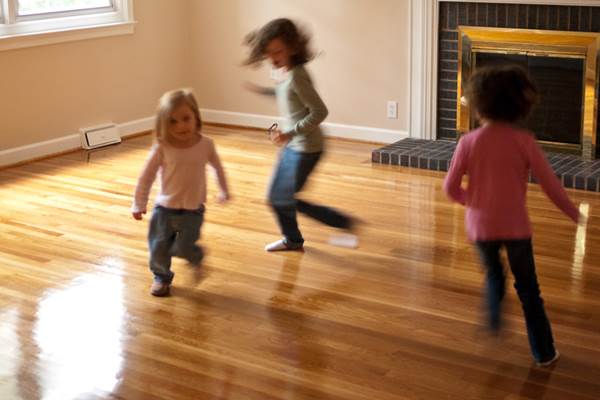 Look at the joy of these children playing on a clean and polished wood floor – Photo Courtesy: Robert S. Donovan
Look at the joy of these children playing on a clean and polished wood floor – Photo Courtesy: Robert S. Donovan
There are many fantastic alternatives to chemical intervention when it comes to wood maintenance. In fact, most hardcore commercial cleaners can be substituted with a great variety of different household products boasting almost similar results. You don’t need big business telling you what kind of detergent works best on your hard-wood floors, especially when you have so many wonderful alternatives at your disposal.
Here, we are going to look at some of those and decide which one works for us the best.
Lemons
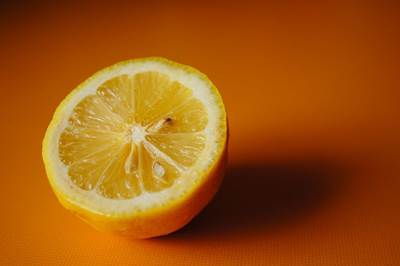
This fruit contains the so-called “citric acid”, which is a strong acid with a pH value of 2.2. Lemon juice contains a lot of citric acid (and water), which makes it perfect for cleaning wood without damaging the finish. Mix one cup of lemon juice with half-a-cup of olive oil, and what you got is an all-natural, 100% non-toxic floor polish. Do not add any additional water; lemon juice has enough of that as it is.
You can also use lemon oil to keep your wooden furniture looking like new and shiny. It can be used to treat hardwood floors/mahogany furniture, and “softer” wood like pine and other evergreen timber. Lemons are safe, taste fantastic and have absolutely no ill effect on the environment.
White Vinegar
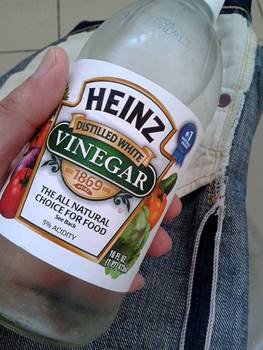
White vinegar is also sought after for its acidic properties, although its not quite as strong as citric acid. It is called ‘white’ vinegar because it has been distilled to its purest levels and it does not have any pigment compared to other kinds of vinegar. It is perfect as an “all-purpose” cleanser; able to eradicate heavy, saturated grime while at the same time refresh and give your floor the best treatment of its life. Just like lemon, it is a natural deodorizer and an disinfectant.
Olive Oil
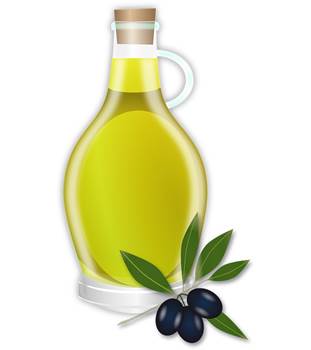
Olive oil, among most other oils, is a perfect addition to any handmade wood polish recipe. Just add half-a-cup of your favourite kind of oil to any cleaning solution and be prepared to be amazed by the effect this has when polishing your wooden floors. It is easy to use and it has quite a long shelf-life. If you are making a Mediterranean salad, you should save some of that olive oil for later; for when it comes to cleaning, it really does help keep your wooden floors from cracking or being damaged by heat.
Black Tea
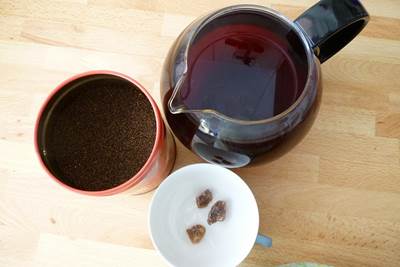
Even though we seldom use tea for anything else besides drinking, treating wood with the stuff can have its benefits. For example, if you are concerned about any stains that result from spilling liquids on your wooden floor, black tea will help you ‘mask’ the problem.
Make a concentrated black tea solution by boiling one bag of black tea in no more than 100 ml of water. The pigment found in black tea will paint the water almost blackish/reddish brown. Apply this solution to any “water ring” if we are talking about furniture, or to your floor should there be a big spill or anything of the sort. Know that this method works only if the moisture hasn’t leaked through the finish. If the “whitish” water spots become dark, this means that you need to get your floors some professional help.
Mayonnaise
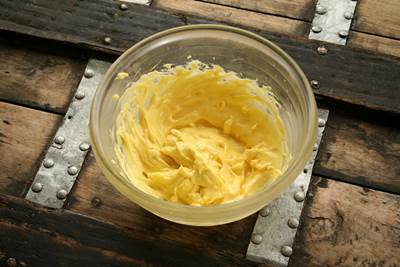
Last but not least, this tasty condiment can be used as a ‘finishing’ touch to any wood polishing endeavour. It’s made from oil, vinegar and eggs, making it the perfect non-commercial ‘all purpose polisher’ on the market.
Jessica Conars loves to write about home improvement. She works as s manager of http://www.callcleaners.co.uk/cleaners-n15-tottenham/ and, thanks to that, she has enough time to write for her readers.
Leave a Reply